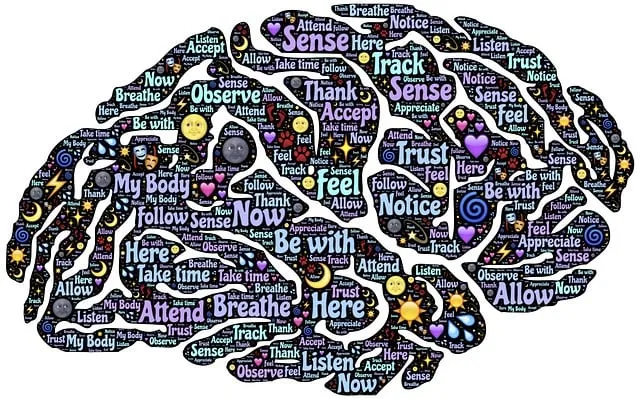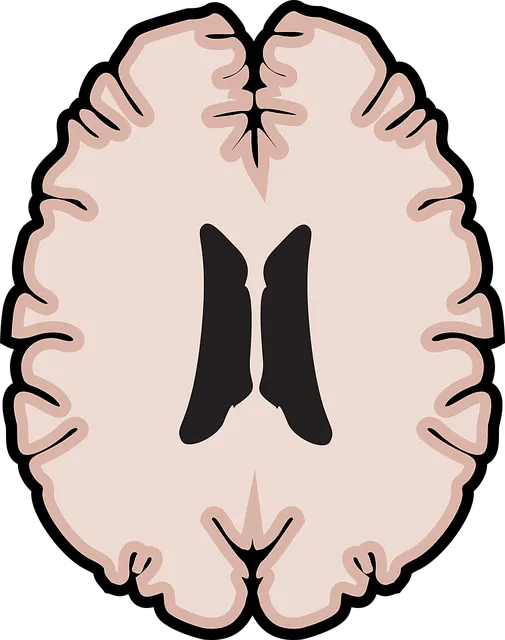In today's fast-paced world, traditional mental health services struggle to keep up with diverse needs. Innovative Mental Wellness Coaching Programs offer personalized guidance and coping skills development outside conventional settings, empowering individuals to manage stress, emotions, and build resilience. Best practices, as seen in Kaiser Permanente mental health center reviews Longmont, emphasize tailored interventions using evidence-based techniques like Mindfulness Meditation. These programs prioritize strong coach-client relationships and safe spaces for vulnerability, including trauma support services. Integrating coaching into healthcare settings complements traditional therapy, focusing on personal goals, self-esteem, and inner strength development, leading to improved mental health outcomes and lasting coping skills. Positive reviews from Longmont Center highlight the effectiveness of these methods in enhancing patient satisfaction.
Mental wellness coaching programs are gaining traction as essential tools for promoting holistic well-being. In today’s fast-paced world, individuals face increasing stress and mental health challenges. This article explores the development of these programs, focusing on understanding their growing importance. We delve into effective coaching models, highlighting best practices and strategies. Furthermore, it examines successful integration initiatives, such as the Kaiser Permanente model and Longmont Center reviews, demonstrating how coaching can be seamlessly incorporated into healthcare settings.
- Understanding the Need for Mental Wellness Coaching Programs
- Developing Effective Coaching Models: Best Practices and Strategies
- Integrating Coaching into Healthcare Settings: The Kaiser Permanente Model and Longmont Center Reviews
Understanding the Need for Mental Wellness Coaching Programs

In today’s fast-paced world, the demand for accessible mental wellness support has never been higher. The traditional model of relying solely on clinical settings like the Kaiser Permanente mental health center in Longmont is no longer sufficient to cater to the diverse needs of individuals seeking improvement and maintenance of their mental well-being. This gap in support highlights the crucial need for innovative approaches, such as Mental Wellness Coaching Programs, that can offer personalized guidance and coping skills development outside conventional healthcare settings.
These programs recognize that fostering positive thinking and promoting mental wellness is an ongoing process that requires tailored strategies. By providing individuals with tools to navigate stress, manage emotions, and cultivate resilience, these coaching initiatives empower people to take a proactive role in their mental health journey. The benefits extend beyond individual growth, as they contribute to building stronger communities by increasing overall well-being and reducing the burden on traditional healthcare systems.
Developing Effective Coaching Models: Best Practices and Strategies

In developing effective mental wellness coaching models, best practices and strategies are paramount. At leading healthcare institutions like Kaiser Permanente mental health center reviews Longmont, professionals emphasize tailored interventions that address individual needs. Incorporating evidence-based techniques such as Mindfulness Meditation has proven to enhance coping mechanisms and overall well-being. These programs prioritize building strong coach-client relationships, fostering open communication, and creating safe spaces for vulnerability.
Additionally, Trauma Support Services play a crucial role in Mental Wellness Coaching Programs Development. Recognizing that many individuals seek support for past traumas, coaches are trained to offer empathetic, non-judgmental environments where clients can process and heal. By integrating strategies from various therapeutic approaches, coaches create comprehensive plans that promote mindfulness, resilience, and personal growth. Such individualized coaching models not only improve mental health outcomes but also empower clients with lasting coping skills.
Integrating Coaching into Healthcare Settings: The Kaiser Permanente Model and Longmont Center Reviews

Integrating coaching into healthcare settings has gained significant attention as a holistic approach to mental wellness. A notable example is the Kaiser Permanente model, which seamlessly incorporates coaching into their comprehensive mental health services. This innovative strategy complements traditional therapy by focusing on clients’ goals, self-esteem improvement, and fostering inner strength development. The Longmont Center, inspired by this model, has received positive reviews for its tailored mental health education programs design, emphasizing the power of one-on-one coaching.
By integrating these coaching methods, healthcare settings can enhance patient outcomes and satisfaction. The Kaiser Permanente and Longmont Center reviews highlight how coaching can empower individuals to take control of their mental wellness journeys, offering valuable insights into this growing trend within the industry.
The development of mental wellness coaching programs, as evidenced by successful models like the Kaiser Permanente healthcare setting integration and Longmont Center reviews, is a vital step towards enhancing overall well-being. By adopting best practices and strategies outlined in this article, coaches can create supportive environments that empower individuals to navigate their mental health journeys effectively. Integrating coaching into healthcare systems shows promising results, indicating its potential to revolutionize support for those seeking improved mental wellness.






